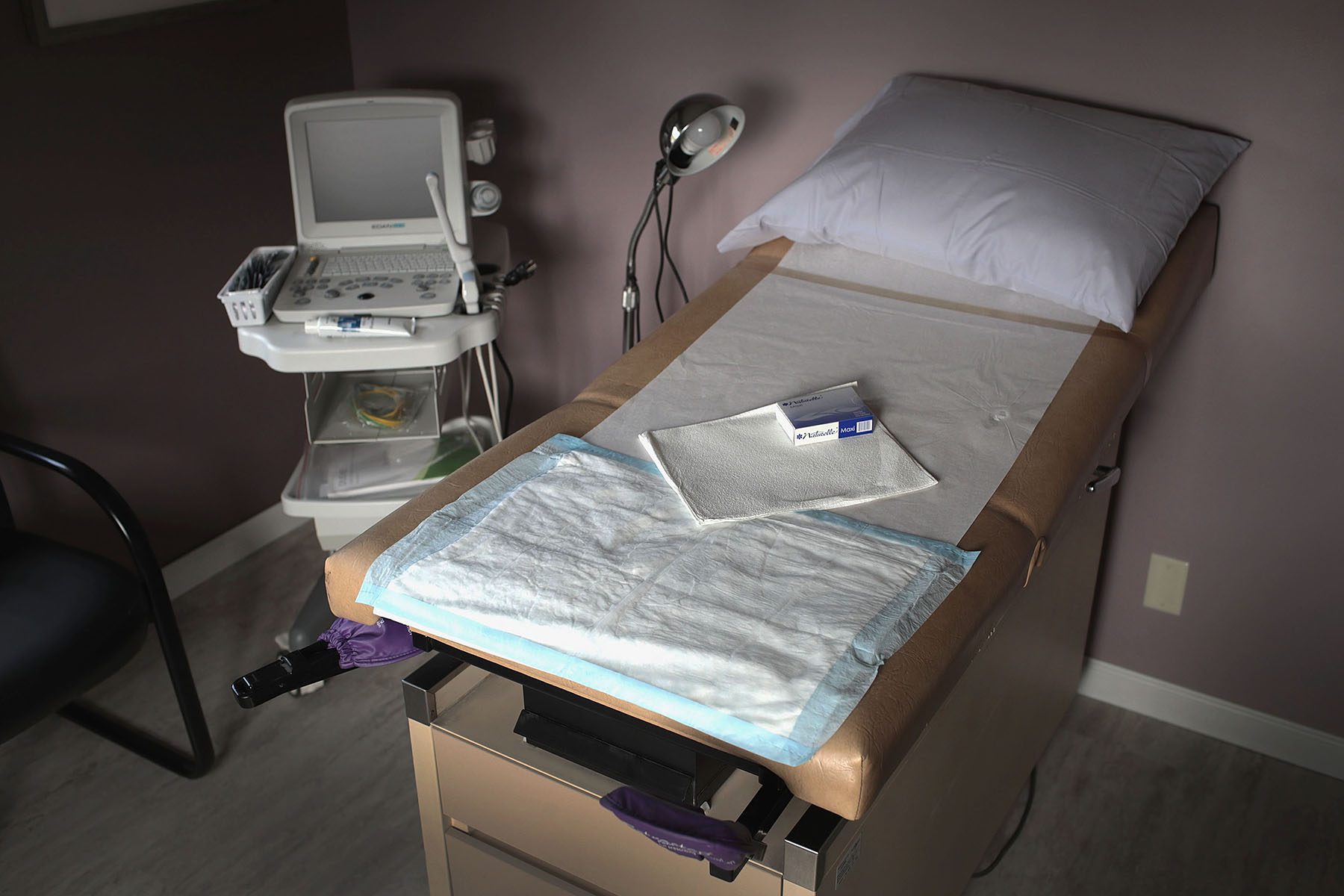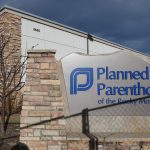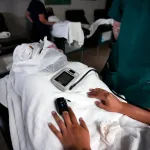With abortion effectively banned in Texas, patients are flooding reproductive health clinics in neighboring states and overwhelming the region’s fragile abortion infrastructure, according to data shared with The 19th.
In Oklahoma City, Trust Women, which provides abortions and other forms of reproductive care, saw 80 abortion patients the week of September 6 — about double what the clinic would normally be seeing in this time, said the clinic communications director, Zachary Gingrich-Gaylord. Close to two-thirds of those patients were from Texas.
Trust Women’s other clinic, in Wichita, Kansas, saw 70 abortion patients that same week, with half from Texas. Larger shares of Oklahomans are also traveling to the Kansas clinic, Gingrich-Gaylord said, because the surge in Texan patients means they are no longer able to book an abortion appointment in their home state.
“We wouldn’t have to do anything more than turn our lights on, and the phone would be ringing off the hook,” he said.
The Oklahoma City clinic is already booked solid through the end of September, he added, and the volume of patient calls has increased tenfold. Patients are calling from Houston and Dallas to make appointments.
The numbers illustrate a pattern that experts predicted well before the Texas ban took into effect. Those who want to end a pregnancy are doing their best to travel beyond the state borders. Some are succeeding. Many are not.
“Patients from Texas are traveling sometimes five to eight hours each way to get to a health center in Oklahoma,” per a briefing filed earlier this week by the Department of Justice.
Much like at Trust Women, abortions in Planned Parenthood’s Oklahoma clinics are now mostly being booked for Texas-based patients, per the DOJ briefing. Between 50 and 75 percent of appointments at those clinics have been booked by people traveling from Texas for an abortion.
Meanwhile, the journey from Texas — whose surface area is almost 270,000 square miles — to other states poses its own challenge. For many, the trip will be impossible. For others, it will be harrowing.
The barriers include money, time and logistics. Immigration checkpoints in the Rio Grande Valley may deter some people from traveling north for an abortion. Those with children need to find childcare, and those with jobs may not have paid time off to travel several days for an abortion. Then there is gas money, and the cost of the abortion itself — which can cost hundreds of dollars, at a minimum. The Texas abortion ban also includes no exception for rape or incest.
“One minor, who was raped by a family member, traveled eight hours from Galveston to Oklahoma to get an abortion,” per the DOJ briefing. “Another patient facing violence at the hands of her husband is ‘discreetly attempting to leave Texas without her husband finding out,’ and is ‘desperate’ and ‘selling personal items’ to scrape together the funds needed for an out-of-state abortion.”
Typically, more than 55,000 abortions take place in the state of Texas each year. Close to 4,000 of those usually take place in September, per state health department data. Already, the surges in neighboring states appear unlikely to account for all the patients who would typically be getting abortions at this time.
If the ban stays in effect longer, clinics in neighboring states will not be able to absorb all of those new patients, health care providers have said.
The Justice Department is seeking an injunction to halt the Texas law’s enforcement. But a hearing on the issue is not scheduled until October 1. If an injunction is granted, Texas is expected to appeal the decision and seek its reversal.
Currently, Trust Women is expanding the number of days it provides abortions, going from two days a week to three. But meeting the new demand will also mean hiring more doctors who are licensed to provide abortions in state and have the proper insurance — a process that can take months.
Both of its clinics are also working to hire more support staff. But Oklahoma and Kansas are both in the midst of powerful COVID-19 surges, fueled by the highly transmissive Delta variant, and hiring new staff right now is particularly difficult, Gingrich-Gaylord said.
“The displacement and forced movement of people in an ongoing pandemic is stunning, and on a scale that will have radiating effects across the region for as long as SB 8 continues to stand,” he added.
Disclosure: Planned Parenthood has been a corporate sponsor of The 19th.







